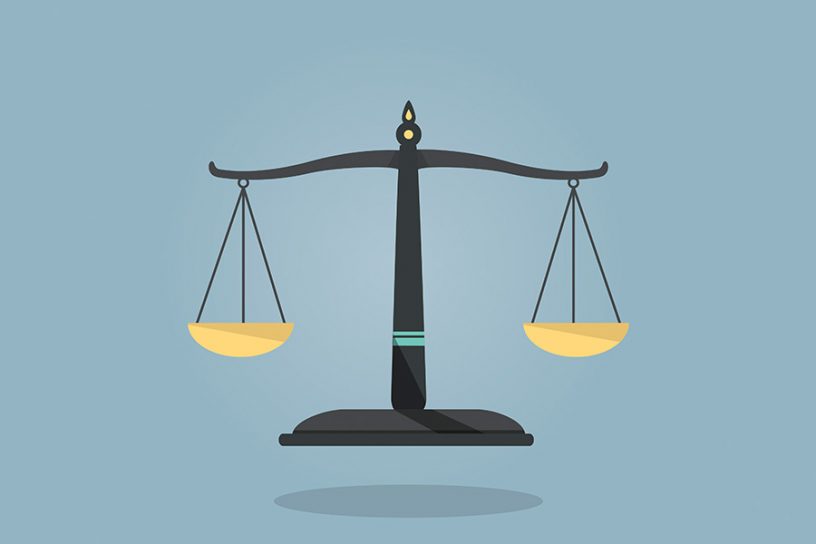
Constitutional courts can engage with academics, and are well positioned to do so, given they often contain judges with academic careers and experience.
Author
Max Steuer, Assistant Professor, Jindal Global Law School, O.P. Jindal Global University, Sonipat, Haryana, India; Department of Political Science, Comenius University in Bratislava, Bratislava, Slovakia.
Summary
For those who read last week’s news in constitutional justice, it would have been easy to miss the Fifth Congress of the World Conference on Constitutional Justice (WCCJ) on the theme ‘Constitutional Justice and Peace’ that was organized in Indonesia five years after the previous edition held in Lithuania.
While featured on the Venice Commission’s website, the Congress was no prominent news in constitutionalist platforms, despite bringing together judges from 94 countries, many of whom are prominent academics in their respective jurisdictions, or even internationally.
As this congress shows, constitutional courts can engage with academics, and are well positioned to do so, given they often contain judges with academic careers and experience. Such engagement might empower both institutions to respond to global autocratization more effectively.
Published in: Verfassungsblog
To read the full article, please click here.


